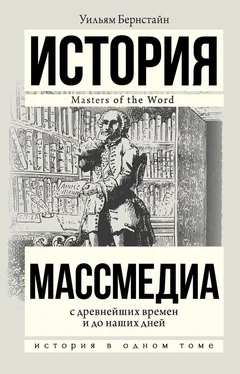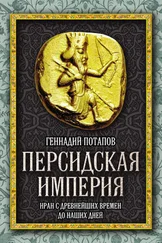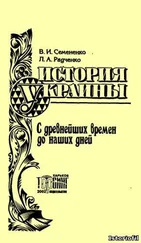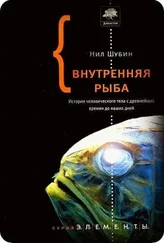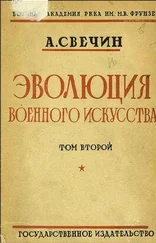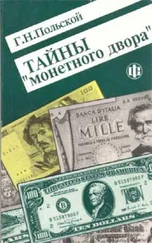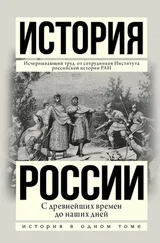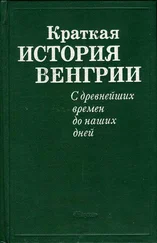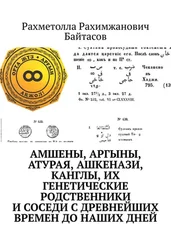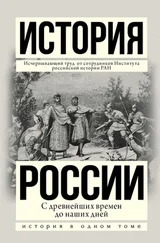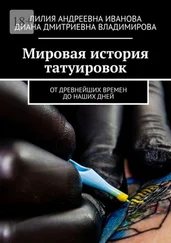Ehrman, Bart D., Lost Christianities (Oxford: Oxford University Press, 2003).
Eisenstein, Elizabeth, The Printing Press as an Agent of Change (Cambridge: Cambridge University Press, 1979).
Ellsberg, Daniel, Secrets (New York: Viking, 2002).
Fassihi, Farnaz, “Iranian Crackdown Goes Global”, The Wall Street Journal , December 3, 2009.
Febvre, Lucien, and Henri-Jean Martin, The Coming of the Book , David Gerard, Trans. (London: Verso, 1997).
Feldbrugge, J. M., Samizdat and Political Dissent in the Soviet Union (Leyden: A. W. Sijthoff, 1975).
Field, Alexander James, “The Magnetic Telegraph, Price and Quality Data”, The Journal of Economic History 52:2 (June, 1992): 401–413.
Fink, Robert O., Roman Military Records on Papyrus (Cleveland: Case Western University Press, 1971), ix – xiii.
Finkelstein, Israel, “State Formation in Israel and Judah: A Contrast in Trajectory”, Near Eastern Archaeology 62:1 (March 1999): 35–52.
Finkelstein, Israel, and Neil Asher Silberman, “‘The Bible Unearthed’: A Rejoinder”, Bulletin of the American Schools of Oriental Research 327 (August 2002): 63–73.
Finkelstein, J.,“The Laws of Ur-Nammu”, in The Ancient Near East Supplementary Texts and Pictures Relating to the Old Testament J. Pritchard, Ed., (Princeton: Princeton University Press, 1969).
Fletcher, Martin, “Crowds salute the Facebook dreamer who inspired nation”, The Times (London) (February 7, 2011).
Flower, Harriet I., Roman Republics (Princeton: Princeton University Press, 2010).
Flynn, James R., What Is Intelligence? (Cambridge: Cambridge University Press, 2007).
Forbes, Clarence A., “The Education and Training of Slaves in Antiquity”, Transactions of the Proceedings of the American Philosophical Association 86 (1955): 334–342.
Fornara, Charles W., “The Value of the Themistocles Decree”, The American Historical Review 73:2 (December, 1967): 425–433.
Forsdyke, Sara, Exile, Ostracism, and Democracy (Princeton: Princeton University Press, 2005).
Foster, Benjamin, Umma in the Sargonic Period (Hamden, CT: Archon Press, 1982).
Foxe, Rev. John, Book of Martyrs (Hartford, CT: Edwin Hunt, 1845).
Freedom House, “ Freedom in the World Country Ratings ”, http://www.freedomhouse.org/uploads/fiw09/CompHistData/CountryStatusandRatingsOverview1973–2009.pdf, accessed 3/1/09.
Fukuyama, Francis, The End of History and the Last Man (New York: Simon and Shuster, 2006).
Fuller, C. J., “Orality, Literacy, and Memorization: Priestly Education in Contemporary South India”, Modern Asian Studies 35:1 (February 2001): 2–3.
Füssel, Stephan, Gutenberg and the Impact of Printing (Aldershot, UK: Ashgate Publishing, Ltd., 2005).
Gaddis, John Lewis, We Now Know (Oxford: Clarendon Press, 1997).
Galich, Alexander, Songs and Poems , Gerald Stanton Smith, Trans. (Ann Arbor: Ardis Publishers, 1983).
Gardiner, Alan H., “Once Again, the Proto-Sinaitic Inscriptions”, Journal of Egyptian Archaeology 48 (December 1962): 45–48.
Gardiner, Alan H., “The Egyptian Origin of the Semitic Alphabet”, Journal of Egyptian Archaeology 3:1 (January 1916): 1–16.
Gelb, I. J., A Study of Writing (Chicago: University of Chicago, 1963). “German Volksempfangers”, http://home.snafu.de/wumpus/volks.htm, accessed 12/9/12.
Gerovich, Slava, “‘Russian Scandals’: Soviet Readings of American Cybernetics in the Early Years of the Cold War”, Russian Review 60:4 (October 2001): 545–568.
Gies, Frances and Joseph, Cathedral, Forge, and Waterwheel (New York, HarperCollins, 1994).
Gillies, James, and Robert Cailliau, How the Web was born (Oxford: Oxford University Press, 2000).
Gilmont, Jean-François, “Printing at the dawn of the sixteenth century”, in Jean-François Gilmont, Ed., Karin Maag, Trans., The Reformation and the Book (Aldershot, UK: Ashgate, 1998).
Glassner, Jean-Jaques, The Invention of Cuneiform (Baltimore: Johns Hopkins University Press, 2003).
Goody, Jack, The Power of the Written Tradition (Washington DC: Smithsonian Institution Press, 2000).
Gorbachev, Mikhail, The August Coup (New York: HarperCollins Publishers, 1991).
Gordon, Arthur E., “On the Origins of the Latin Alphabet: Modern Views”, California Studies in Classical Antiquity 2 (1969): 157–170.
Gordon, John S., A Thread Across the Ocean (New York: Walker, 2002).
Gordon, Mary L., “The Nationality of Slaves under the Early Roman Empire”, The Journal of Roman Studies 14 (1924): 93–111.
Gourevich, Philip, We wish to inform you that tomorrow we will be killed with our families (New York: Picador, 1998).
Green, Norvin, “The Government and the Telegraph”, The North American Review 137:234 (November, 1883): 422–434.
Greene, Kate, “What is He Doing?” Technology Review (November – December, 2007), 44–51.
Grendler, Paul F., “The Universities of the Renaissance and Reformation”, Renaissance Quarterly , 57:1 (Spring, 2004): 5–6.
Grossman, Maria, “Wittenberg Printing, Early Sixteenth Century”, Sixteenth Century Essays and Studies 1 (January, 1970): 53–74.
Gruen, Erich S., “Stesimbrotus on Miltiades and Themistocles”, California Studies in Classical Antiquity 3 (1970): 91–98.
Gwinn, Nancy E., “The Fragility of Paper: Can Our Historical Record Be Saved?” The Public Historian 13:3 (Summer 1991): 33–53.
Hagerty, Michael R., “Testing Maslow’s Hierarchy of Needs: National Quality-of-Life Across Time”, Social Indicators Research 46:3 (March, 1999), 249–271.
Hale, J., The Captive Press in the Third Reich (Princeton: Princeton University Press, 1964).
Hall, H.R., “The Excavations at Ur”, The British Museum Quarterly 4:2 (September 1929): 57–59.
Hammond, N.G.L., Epirus (Oxford: Clarendon Press, 1967).
Robert A. Harris’ Statement at the Film Preservation Study, http://www.widescreen-museum.com/rah.htm, accessed 4/18/12.
Harris, William V., Ancient Literacy (Cambridge MA: Harvard University Press, 1989).
Harris, William V., “On War and Greed in the Second Century BC”, The American Historical Review 76:5 (December, 1971): 1372.
Harris, William V., “Towards a Study of the Ancient Slave Trade”, Memoirs of the American Academy in Rome 36 (1980): 123.
Havelock, Eric A., Preface to Plato (New York: Grosset and Dunlap, 1967).
Hawkes, Nigel, et al., The Worst Accident in the World (London: Pan Books, 1986).
Hayek, F. A., “The Use of Knowledge in Society”, American Economic Review 35:4 (September, 1945): 519–530.
Hayward, Max, On Trial (New York: Harper and Row, 1966).
Herodotus, The Histories (Baltimore: Penguin Books, 1954).
Hicks, Cinque, “Easy: The Guardian’s Crowdsource Game”, Newsgames (October 21, 2009), http://newsgames.gatech.edu/blog/2009/10/easy-the-guardians– crowdsource-game.html, accessed 12/10/11.
Hilsum, Lindsey, “Reporting Rwanda: the Media and Aid Agencies”, in Allan Thompson, Ed., The Media and the Rwanda Genocide (London: Pluto Press, 2007).
Hitler, Adolf, Mein Kampf , Ralph Manheim, Trans. (Boston: Houghton Mifflin, 1999).
Holloway, David, “Innovation in Science-The Case of Cybernetics in the Soviet Union”, Science Studies 4:4 (October, 1974): 299–337.
Читать дальше
Конец ознакомительного отрывка
Купить книгу
